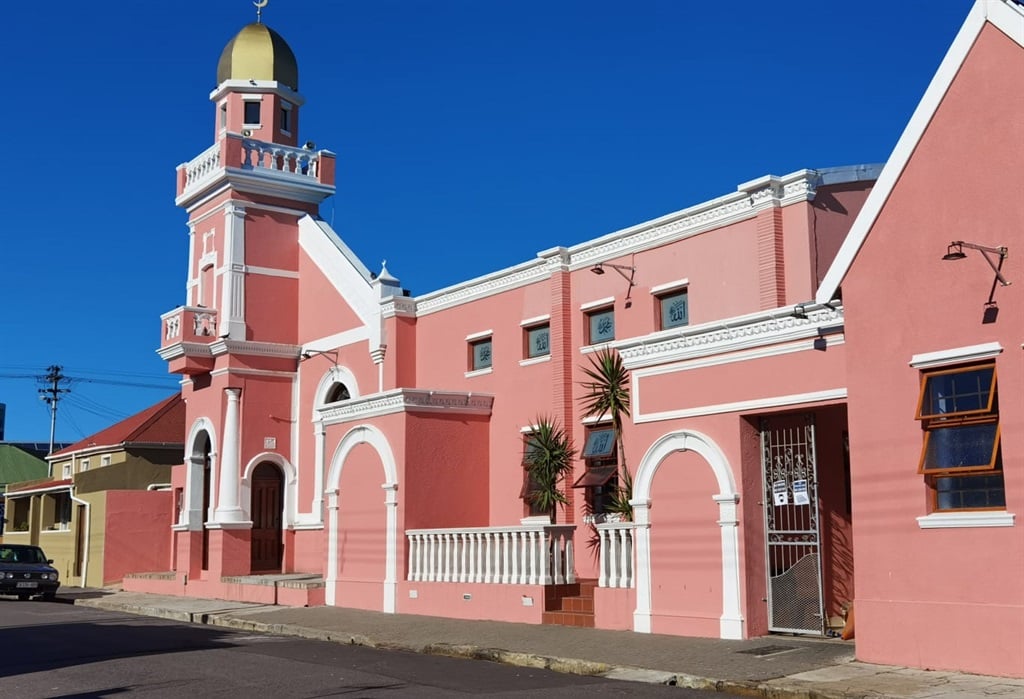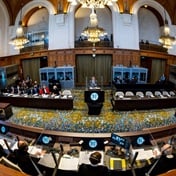
- The Supreme Court of Appeal has upheld an application by the Madrasah Taleemuddeen Islamic Institute after they were prevented from sounding an amplified call to prayer.
- Isipingo resident Chandra Ellaurie had acquired a High Court interdict in 2020 after complaining that the call to prayer interfered with his private space.
- However, the SCA said the interdict failed to meet legal requirements and that Ellaurie did not explain the nature and level of the noise.
The Supreme Court of Appeal has upheld an application from a religious organisation after an Isipingo Beach resident interdicted them from sounding an amplified call to prayer.
Madrasah Taleemuddeen Islamic Institute saw the end to a 2020 High Court interdict from Chandra Ellaurie, who openly declared his opposition to Islam.
Previously, the KwaZulu-Natal High Court ordered that the historic call to prayer from the Madrasah Taleemuddeen Islamic Institute be restricted from being heard inside Ellaurie's home.
READ | 'Hate the sin, not the sinner': MJC under fire for 'reckless, harmful' fatwa on queer Muslims
Judge Sidwell Mngadi ordered the institute to ensure that its call to prayer was not at an audible level within Ellaurie's home.
But on Thursday, SCA Judge Nambitha Dambuza ruled that Ellaurie’s application for an interdict failed to meet the legal requirements for the relief he sought.
"Because he sought a final interdict, he first had to establish a clear right. Then he had to demonstrate that the nature and/or level of noise unreasonably interfered with his established right."
And while Ellaurie explained that the first of five daily calls to prayer was at 03:30, something he objected to, he did not explain what exactly the nature and level of the noise was, and how long it lasted in each instance.
Media Summary: Madrasah Taleemuddeen Islamic Institute v Chandra Giri Ellaurie and Another (755/2021) [2022] ZASCA 160 (24 November 2022)
— Supreme Court of Appeal ZA (@SCA_ZA) November 24, 2022
The SCA upheld with costs, an appeal against the judgment of the KwaZulu-Natal Division of the High Court, Durban. pic.twitter.com/snJHTmpjPM
"He tendered no evidence of what a reasonable Azaan (call to prayer) would be in the circumstances. Instead, the evidence tendered was that of his profound dislike of Islam.
"In fact, he would rather have the Azaan banned from Isipingo Beach altogether," said Dambuza.
Apart from failing to provide evidence of unreasonable interference of the broadcasting of the call to prayer, Ellaurie placed himself within the realm of a special or extraordinarily sensitive complainant, said Dambuza.
She said:
Dambuza said the matter had to be judged by the standard of an ordinary person living in Isipingo Beach. "On this there was, at best, a paucity of evidence," she said.
Ellaurie has been openly opposed to the Islamic faith.
In High Court papers, he accused the Madrasah of giving the suburb "a distinctly Muslim atmosphere".
"It attracts those of the Islamic faith and keeps non-Muslims away. The Muslim community in the area has increased by 30% in the past 15 years. The dominance of one group has resulted in arrogance and domination by the dominant group."
Previously, chairperson of the Commission for the Promotion and Protection of the Rights of Cultural, Religious and Linguistic Communities, Professor David Luka Mosoma, said they were of the view that the High Court judgment was balanced, considering that it dealt with rights that were in conflict with one another.
Victory for religious freedom
At the time, Mosoma said the judgment did not nullify the practice of religion, nor did it attack the right of freedom of religion.
"It [the judgment] allows that religion to be practised," Mosoma said.
South African Muslim Network chairperson Dr Faisal Suliman said the SCA judgment was a victory for all religions.
"This was not just about Muslims, this was about all faith groups. The right to practise your religious belief to the extent that it does not harm other people.
"If this was not upheld, there would be intolerance to things like a church bell, or a firework during Diwali, or the banging of drums and singing in a choir."
Suliman encouraged people living in multi-religious and multicultural societies to find common ground if there was a problem.
"We do need to resort to the courts or extremism."




 Publications
Publications
 Partners
Partners























